(ThyBlackMan.com) Ashley Judd is a very courageous woman. I am not referring to her work as a global ambassador for YouthAids, or her efforts to end poverty and sexual violence in underdeveloped nations overseas, or even her journey here in America as an actress, mother, daughter of a country music star, and avid supporter of Barack Obama’s 2008 presidential campaign, animal rights, and equality for women. No, none of that.
Ms. Judd is fearless because she wears her life and her feelings on her chest, bare, in plain sight, and has written a stunning new memoir, All That is Bitter and Sweet, which discusses, with rawness and candor, her being sexually abused as a child by a grown man. We as Americans are deceiving ourselves if we do not think various forms of gender violence against women and girls 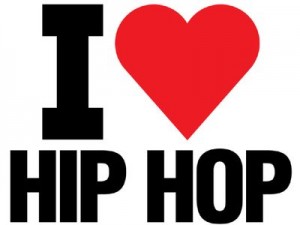 is not at epidemic proportions, because it is. Just ask your mother, grandmother, sister, niece, aunt, female friends, women co-workers or classmates, girlfriend, wife, or partner, and I guarantee you someone in that group will have a story similar to Ashley Judd’s either as girls, or during their adult years.
is not at epidemic proportions, because it is. Just ask your mother, grandmother, sister, niece, aunt, female friends, women co-workers or classmates, girlfriend, wife, or partner, and I guarantee you someone in that group will have a story similar to Ashley Judd’s either as girls, or during their adult years.
It is for this reason alone that Ms. Judd’s new book is so timely, and so necessary. April is Sexual Assault Awareness Month in America and, sadly, as I do a quick scan, right this moment, of New York headlines just from the past 2-3 days, there is the Manhattan man who stabbed his girlfriend to death, and the Brooklyn man who choked his girlfriend until she likewise died. Simply imagine the reported and unreported tales of American women and girls being abused, molested, stalked, street harassed, raped, beaten, choked, stabbed, shot, set on fire, or murdered each and every single day. Then imagine these same acts in nations across the globe, each and every single day. Thus, Ashley Judd’s very personal saga is for women and girls in America, overseas, everywhere, whose voices have not been heard. Or roundly dismissed or ignored.
As a writer myself, I know that the telling of one’s story is about healing, and transformation. And making a pact with one’s self not to tolerate certain kinds of abuses or behaviors ever again. And if one has been wounded, the way Ms. Judd was badly wounded as a child, one will, in adulthood, once one has found one’s voice, become a drum major for justice, a truth-teller. Which easily explains why Ms. Judd has crisscrossed America, and many a foreign country, taking on the difficult causes of everyday people. She is that everyday person herself in so many ways, from the sexual assault as a child, to the constant moving about (she literally attended 13 different schools by the time she graduated from high school), to the splintered relationships with her parents. Her story is our story and we know it well.
Unfortunately, that Ms. Judd is a famous Hollywood actress today means that a different kind of attention is being paid to her memoir. The good part is that she has an instant platform to discuss topics like gender violence. The bad part is that, in our very dumbed down, social network-obsessed society, it becomes quite easy and convenient for words to be taken out of context or, worse yet, not read at all, and just passed around, one tweet and Facebook post at a time, until what Ms. Judd wrote very eloquently in her memoir is completely distorted.
Case in point are the very heated attacks Ms. Judd has received for saying, in her book, that “most rap and hiphop music — with its rape culture and insanely abusive lyrics and depiction of girls and women as ‘ho’s’ — is the contemporary sound track of misogyny.”
If anyone had bothered to read pages 58-62 of Ms. Judd’s memoir, then they would know she put into context not only how she was asked to be a part of YouthAids, where hip-hop icons P. Diddy and Snoop Dogg were serving as spokespersons, but you get her evident grappling, as a sexual abuse survivor, as a feminist, and as a human being, of making peace with working with them, and 50 Cent, too, in spite of her real and righteous feelings about gender violence. And why wouldn’t she? For example, besides a career weighted with lyrics calling women all sorts of derogatory terms, Snoop once showed up at the MTV Video Music Awards with two women on dog leashes. What woman, with any level of self-respect, would want to be associated with that definition of manhood?
Instead what we who call ourselves men, or hip-hop heads, or whatever, have done is myopically label Ashley Judd as “racist,” “a dumb White woman,” and other terms which are simply not printable in this space. As a man, as a Black man, as a heterosexual Black man, who has been deeply involved in both hip-hop culture and the hip-hop industry for 30 years, I was not offended by Ms. Judd’s words.
That’s because I believe in speaking the truth always: America in general has always been a male-dominated, sexist nation. This is nothing new. Hip-hop did not create sexism, misogyny, abuse, disrespect, a culture of rape, or violence against women. No. Those behavioral patterns go back to the days of the Pilgrims, the so-called founding fathers, and slavery, as if we are to be historically and culturally accurate.
But because hip-hop has been the dominant cultural expression since at least the 1980s, in America, in the world, it has also come to embody many of the worst aspects of male privilege and domination. In other words, if you are born a male in this nation, unless there was some sort of intervention at some point in your life teaching you that women and girls are your equals, that love is preferable to hate, mindless ego, and reckless competition, that nonviolence trumps violence and warfare any day, guess what kind of man you, we, are more than likely primed to be?
Moreover, given that hip-hop was created by working-class Black and Latino urban males, we have been the face of this cultural juggernaut in spite it being embraced by multicultural people worldwide (and barely controlled by us in terms of the mass production and distribution of words, sounds, and images). So when Ms. Judd declared hip-hop had a “rape culture” many of us went off, because our interpretation is that she is saying Black and Latino males are the ones doing this to women and girls. Of course that is not the case.
And that is precisely where the thorny dynamic of White folks and Black folks in America once again crashes into that concrete wall called American history. We each bring to the table an airport full of baggage and what should be routine conversations and the exchange of ideas turn into mean-spirited broadsides with folks puffing out their chests and declaring beef over here! The result, ever more, is we surely cannot hear nor decipher what the other is saying. And while race takes center stage once again via the Ashley Judd episode the matter of sexism, of violence and reckless disregard for the female body, is tossed aside as if it is a non-issue. Yes, once again, the views of a woman does not matter is what we are essentially saying by responding as we’ve done on the internet. It is not just because Ms. Judd is White, either. I have seen the same harsh reactions to Black, Latina, and Asian women who would dare offer a critique of sexist behavior in a public forum.
And I seriously doubt Ashley Judd has spent so much time, energy, and a good deal of her own resources in Africa if she were, indeed, a card-carrying racist. She is not. She is a genuinely caring human being as evidenced by a life dedicated as much to public service as it is to her acting career. I think the only thing Ms. Judd is probably guilty of here is being an outsider and not understanding the totality of hip-hop, its mores, its customs, its defiant swagger. Particularly that of us Black and Latino males for whom hip-hop is everything in a world where we feel we are forever battling for our identities and our pieces of the American dream, real or imagined. But you do not move to destroy someone because of what they may not know. You take the time, if you have any sense of humanity, to teach. Always.
I am a hip-hop head for life, since my days dancing on streets and at clubs and writing graffiti on walls; to my days as a writer for Vibe magazine and curating the first exhibit on hip-hop history at the Rock and Roll Hall of Fame; to my current task of writing a biography, the next several years, on the life of Tupac Shakur. So I know there is a difference between hip-hop culture, which I represent, and the hip-hop industry, which is what Ashley Judd is referencing in her book.
And we’d be lying to ourselves, hip-hop heads or not, if we actually could say, with straight faces, that hip-hop culture has not been severely undermined, turned inside out, and made into an industry that promotes some of the most horrific images of women and men, that encourages oversexualization and materialism, that pushes anti-intellectualism and a brand of manhood that seems only to exist if one is engaging in the most destructive forms of violence and degrading of one’s self, and of others. That is not hip-hop. That is called a minstrel show, circa the 21st century. And if you really love something the way I love that some thing called hip-hop, then we would be honest about it and not go on ego trips attacking an Ashley Judd for having the courage to say what we should be saying ourselves.
That enough is enough of this madness, that it is no longer acceptable to say our culture is just reflecting what is going on in our communities. Art is not just to reflect what is happening. Art, at its best, is also about dialoguing about and correcting the ugliness in our communities. That will not happen if art is just as ugly as real life, if we are at a point where we cannot tell real life from the staged life.
For sure, Ms. Judd mentions this in her book when she talks about 50 Cent offstage, how professional and polite he was, then the moment he took the stage out came the hyper-masculinity, the bravado, the posturing, the manufactured character. Rather than curse out or disparage Ashley Judd, I think we should instead ask ourselves who we are, truly, in these times, and why so many of us continue to have our identities programmed and directed by record labels and radio and video channels under the illusion of keeping it 100 percent real? Real for whom, and at what cost to our communities?
Back in the 1990s, when I was writing for Vibe, I did an interview with the late C. Delores Tucker, an older Black woman who led a crusade against what she thought were indecent rap lyrics. I was so much younger emotionally and in terms of basic common sense, and did everything I could to make Ms. Tucker look like a buffoon in the printed interview. I really regret that because these women, the real leaders on our planet, are right. Why should it be acceptable to tolerate any culture, be it hip-hop, rock, jazz, reality television, video games, or certain kinds of Hollywood films, that create a space that says it is okay, normal, to denigrate women and girls with words and images?
To his credit, hip-hop mogul Russell Simmons provided Ashley Judd a space, on globalgrind.com, to squash any so-called hip-hop beef, a term I wish we hip-hop heads would discard once and for all. Ms. Judd apologized for not choosing some of her words better, but she held firm, as she should have, around the issue of violence against women and girls.
On his Twitter feed Russell said “Real talk, if women were empowered we would protect the environment, the animals and have much less war.” But women’s empowerment, Russell, and the dismantling of male domination, will not happen if we men and boys do not become active agents in ending any behavior that blocks and destroys the natural evolution of girls into the powerful women they ought to be. And, Russell, as you say elsewhere in your Twitter feed, it is not an argument on whether rappers are less or more sexist than their parents or ministers. The issue is that sexism, period, is wrong, and we need to put as much vigor into ending it as we do in battling racism, anti-Semitism, homophobia, classism, religious intolerance, or any other kind of oppression and discrimination. Debating degrees of something is just not the way.
Furthermore, any males out there who have a daughter or daughters need to ponder this very seriously. Even if you are not the kind of man who engages in foul language or abusive or violent behavior toward women or girls, do you say anything when it is happening around you, by your male friends or colleagues or family members? And how would you feel if these kinds of things were being said or done to your mother, to your daughter?
We need to understand, finally, that Ashley Judd was someone’s daughter, too, and but for the grace of the universe, some serious healing work, and, again, an insurmountable desire to live, and be, she is able to tell her story and help others. The worst thing we could ever do, as men, as human beings, is to not listen when someone is telling her or his truth.
For in one’s personal truth are lessons for us all.
Written By Kevin Powell
Official website; http://KevinPowell.Net
Also follow him on Twitter; http://Twitter.com/kevin_powell













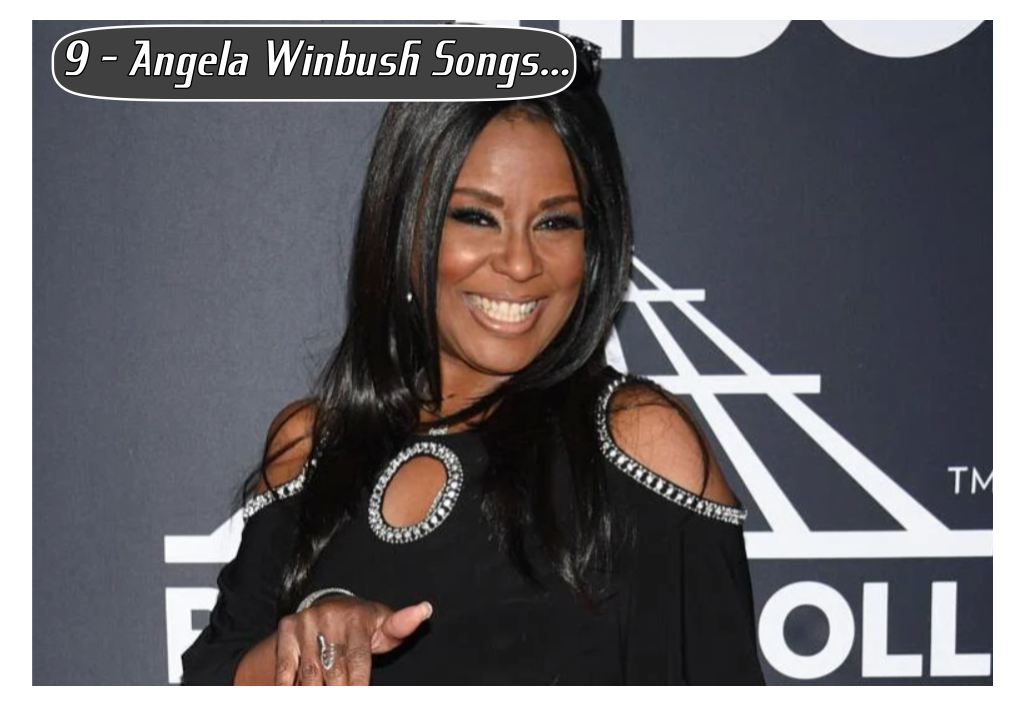
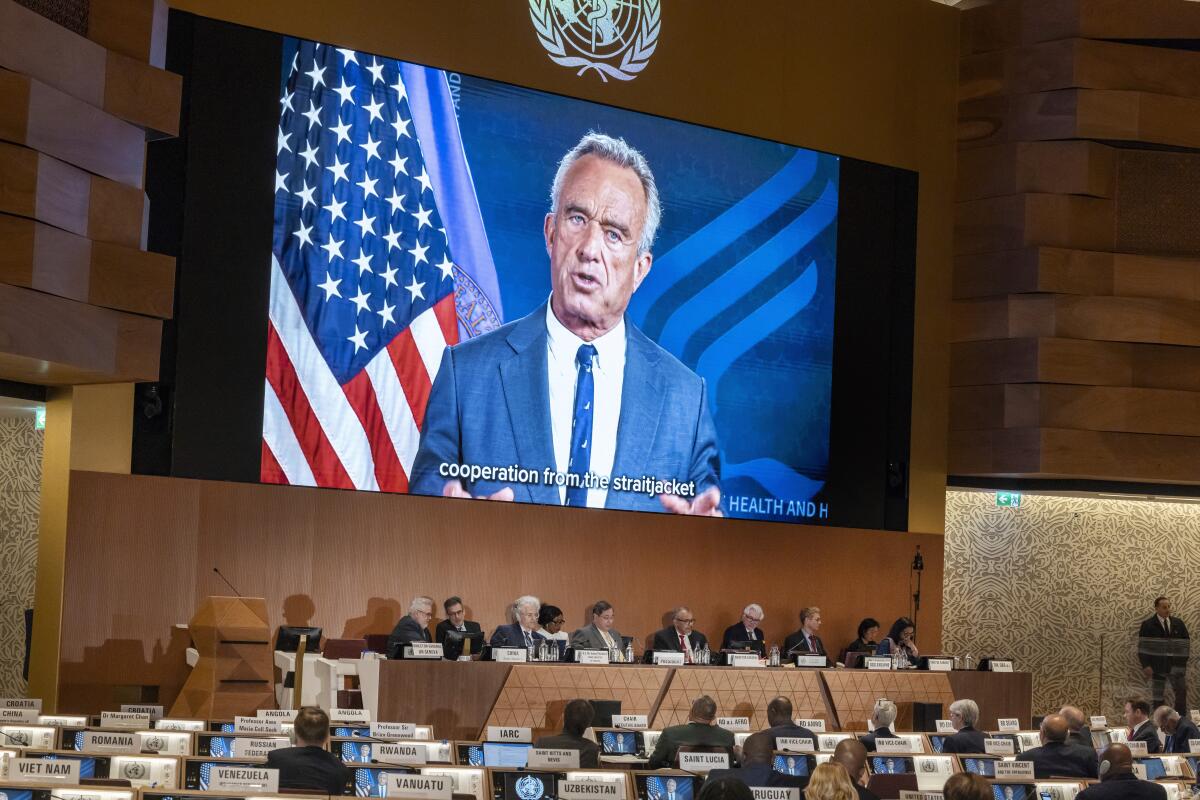
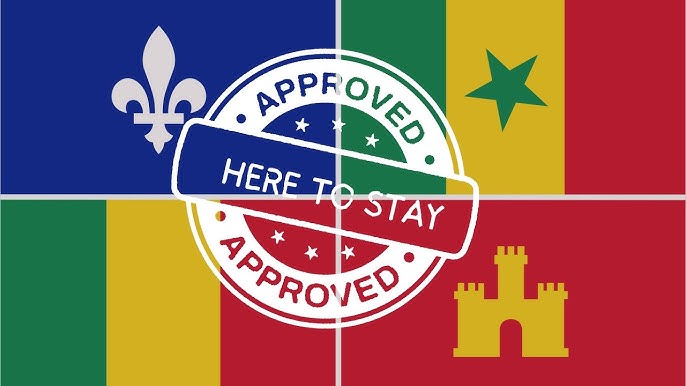
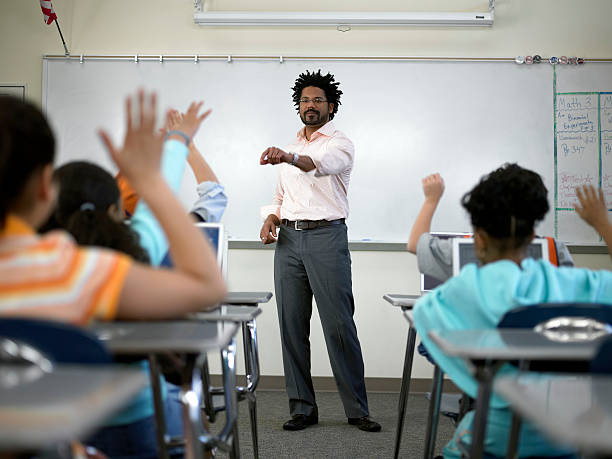
Mr powell the opportunist…
I can’t believe anyone gives credence to your brand of gender politics in print. As a woman and a licensed therapist you have ALWAYS been intellectually dishonest, writing and posting to elicit” amens” from likeminded women and some men that support your version of the truth without any regard for the realitities of many black men.. black men like yourself choose to further indoctrinate our community with the harmful beliefs of feminist idealogues that embrace the paradigm of women as liberated independent etc while also embracing the idea of oursel es as the VICTIMS of mens ill intentions. Once again the fact is that we live in a society that emphasizes accountability for men while extending them very liitle compassion.
And at the same time we empasize compassion for women with little accountability. I have followed you over the years as you take men to task while never having the courage to deliver a fiery message to us (women) regarding our role in many of our societys ills. I could go on and in but just know that mNy of us that know the realities of black men that you never speak to are watching as you as our boys coninue to be neglected.. as our community leads in oow childbirth.. as mel suicide rises to five to one … as you ignore the researh that tells a diferent story of intimate partner violence than the belief that men are inherently aggressive and automaticLly presumeto be perpretrators of violence…. men receive an eight of the funding for prostate cancer that women d for breast cancer… 98 percent of war casualties… 90 percent of work related deaths… health disparity education disparity sentencing disparity between boys and men…
as a woman that stood in the trenches advocating on behalf of womens rights for decades im disgusted with where the movement has led us… some orbs very men that have protested alongside me in the fight for womens rights to” choice” would have their reproductive rights denied by the women for shin they fight so passionately. I am tireithe hyprocrisy! In our push for equality we don not have to completely disregard the well being of men/boys. With our right to choice why do we coninue to lay blame regarding fatherlessness at the feet of men without evhaving a discussion of the idea that with rights that we have been afforded come great responsibility.
Andto some extent we have been as big a failure to the blac family and community as we assert men to have been.. speak the whole truth brother though I suspect you will continue to only Work the truth that keeps you relevant for the time.. as the constructs shapeby feminist ideology begins to topple I wonder how you will remain relevant… many of us familiar with your narcissistic self serving antics will be watching and listening.
Kevin,
Your commentary is both courageous and balanced…I appreciate your truth. I feel proud when I see this type of courage in black men. That is, the ability to recognize the value and “place” that women have been provided by universal power. Somehow, a period of confusion has relegated the feminine, compassionate, and creative nature of the woman to that of weakness – which justifies minimization of her. Thank you for identifying us as the real leaders of our planet, as I know that our charge as women going forward is to restore life and sustenance – on many levels – to the world. I am encouraged every day that we will rise to the occasion.
Thanks for being who you are Kevin..and that same sentiment is reflected to all brothas out there who understand the time and what must be done. We need your support.
Peace.
NG
Judd says she was sexually abused at the hands of an old man from her neighborhood. I can bet you one thing he wasn’t listening to Hip-Hop, more then likely it was Country Western or Hard Rock, from what I hear thats the best music for sexual abuse because no one can hear you screaming for help because their to busy throwing up.
I cant remember a movie she was in that was about anything or worth seeing, does anyone remember her being a box office draw. When going broke or low on funds write a book and say some dumb stuff to get attention or create a buzz.
I talk to family members from the area she grew up in and they say the whole family’s a bunch rude screw balls in other words they are Nut Jobs with no manners.